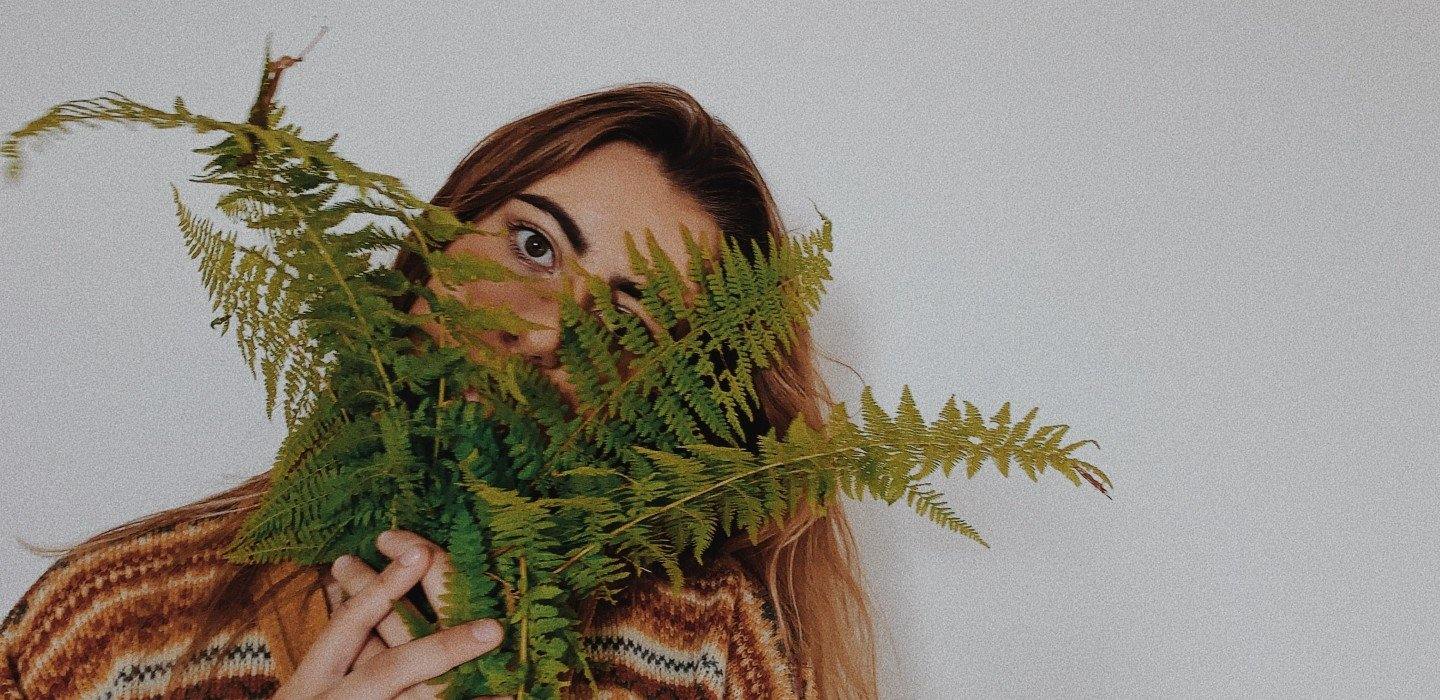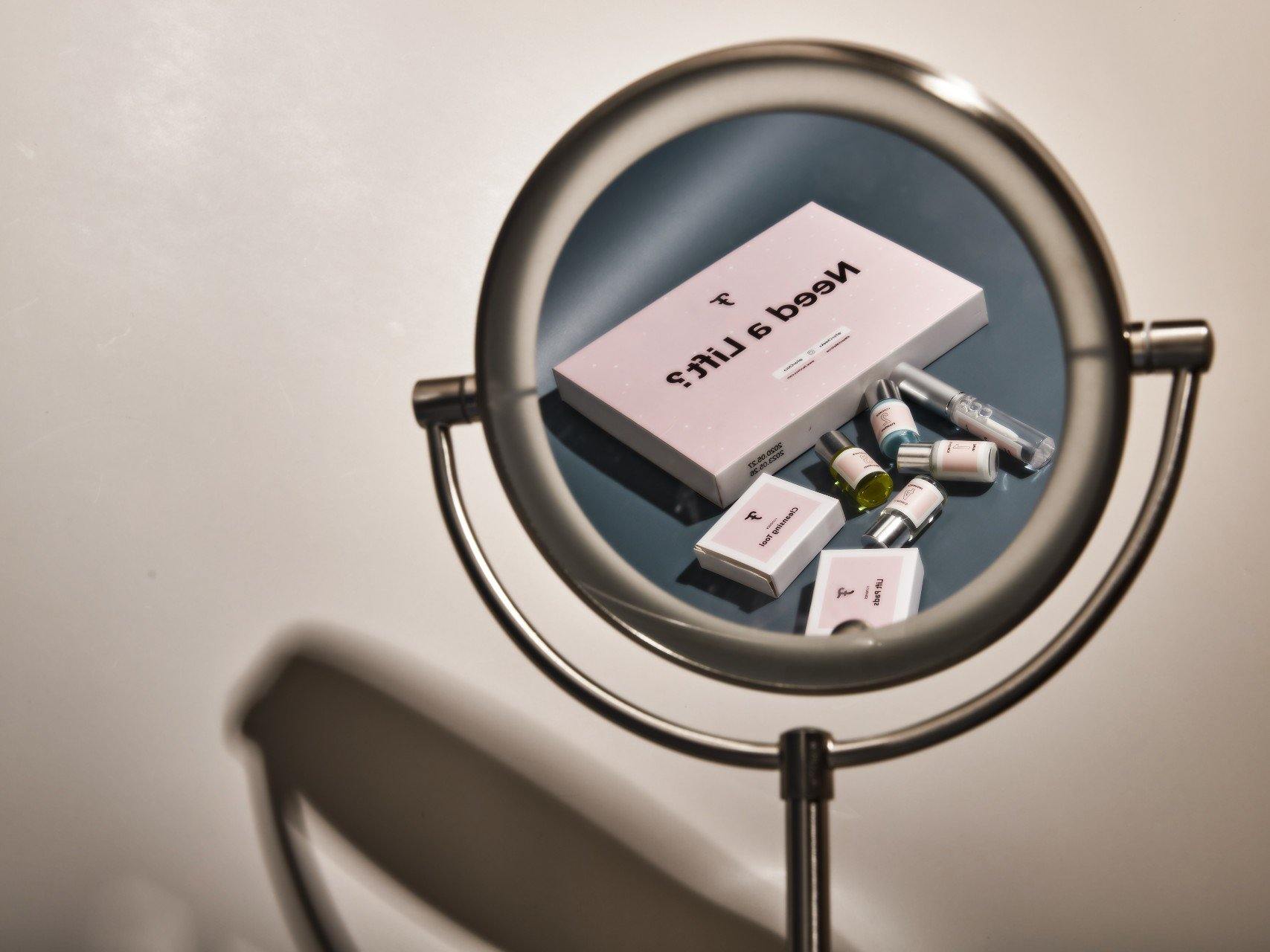If you’ve made the decision to go vegan (or are just interested in being more conscious about your beauty products) then you have come to the right place! Reading the ingredients on the back of beauty products can be daunting. What does it all mean? If you are looking to consume all vegan-beauty products, use this as your guide.
To know what vegan ingredients are, you also need to know what vegan ingredients are NOT. In this article we will go over what makes an ingredient vegan, which products are specifically not vegan, and the vegan ingredients to look out for to revolutionize your beauty regimen.
What makes an ingredient vegan?
To be considered vegan, a product must not contain any animal ingredients or animal by-products. According to Logical Harmony, “This includes, but is not limited to: honey, beeswax, lanolin, collagen, albumen, carmine, cholesterol, gelatin, and many others. To many, the term “vegan” also means that a product is free from animal testing as well.” Vegan ingredients can come from plants, or be made synthetically.
Cruelty-free is a different distinction, but also important. According to Today, “'Cruelty free' simply means a product or its ingredients have not been tested on animals by a supplier, manufacturer, producer or any third-party entity.” In an interview with Today, Dr. Anthony M. Rossi, said “Some brands may be cruelty-free without being vegan, so if you are looking for the latter make sure it is explicitly stated.”
Technically, cruelty-free products can be ethically sourced but still contain animal byproducts like beeswax, carmine and lanolin. It is worth noting that there are many animal by-products that CAN be sourced ethically. For example, Lanolin is a substance obtained as a sheep is being sheared, which already needs to happen for their well-being. Like anything, if you are curious about the source of your ingredients, do your own research or reach out to the company’s customer support!
What is not vegan?
The most common non-vegan beauty products include Hyaluronic acid, beeswax, squalene, keratin, collagen and silk powder:
Hyaluronic Acid
We’re sure you have heard of this beauty superpower. It is currently all the rage in beauty blogs and spheres around the world for its amazing ability to attract water and maintain moisture in the skin. But, according to Adore Beauty, “This ingredient is commonly derived from rooster combs. A rooster comb is the red crown that mounts the head of a rooster.”
It’s important to ask or do research on the source of this ingredient, as it can also be made synthetically, which would make it vegan. Adore Beauty says that, “This very same ingredient can also be manufactured via biofermentation.”
Beeswax
Where and how is your make-up sourced? Turns out, it is totally your beeswax to know! Beeswax is used in tons of beauty products. By definition, it is not vegan because it is derived from an animal by-product. However, this one is tricky, as there are ways to ethically source beeswax.
There are many plant-based alternatives to beeswax. According to PETA’s site, the following items can be used instead of beeswax: paraffin, vegetable oils and fats, ceresin, candelilla wax, and Japan wax. At ForChics, we use a powerhouse combination of Candelilla and Carnauba in our Better Than Falsies mascara (the only mascara we know of that actually HEALS your lashes while you wear it. It was very important to us to not use beeswax - as we are 100% vegan & cruelty-free ☺️
Squalene
There are many animal fats used in moisturizers and make-up around the world. One of the most common ones is “squalene”. Squalene typically comes from shark-liver. However, squalene can also be made using olives, so if you see a product that uses plant-based squalene or vegan squalene, you know it comes from a tree and not our ocean’s biggest predator.
Keratin
According to Adore Beauty, “Keratin is a type of protein that's found in abundance in your hair and skin. Several shampoos and conditioners contain keratin to replenish your hair's natural reserves. You'll often find that treatments containing keratin aim to treat weak and brittle hair.”
Keratin is an essential protein found in our bodies. But, we also have this protein in common with many of our animal friends. The keratin you find in cosmetics is usually derived from hooves, quills, or the hair of animals, so note this ingredient as mostly non-vegan.
Collagen
Collagen has been a very buzz-worthy beauty ingredient these days. Many men and women are drinking this supplement in droves to improve elasticity of the skin and help their joints. According to Healthline, “Collagen, a protein found mostly in hair, skin, nails, bones, and ligaments, comes mostly from animal sources, such as beef or fish.”
However, due to recent science, we have now discovered a way to make vegan collagen using genetically modified yeast and bacteria. This practice is better for both the manufacturer and the consumer. Not only is it cheaper, but it creates less chance of developing an allergy for the consumer.
Silk Powder
According to Adore Beauty, “Silk is an ingredient you'll find often in mineral makeup and sometimes in skincare products. Silk powder is used to provide color, oil absorbency, and lubricity to your cosmetics.”
Adore Beauty explains the process used to create silk powder, and it may shock you. “Silkworms are allowed to mature to pupation within their cocoons, and then the worms are dissolved in boiling water to create silk fibres.”
Safe to say, this ingredient is not considered vegan.
What are the top used plant ingredients?
According to Vogue, the best vegan ingredients, “include vitamins A, C and E, natural oils, such as coconut, argan and rosehip, algae, soybean extracts, hemp seed extracts, Camu Camu berry and so on.” These ingredients are jam-packed with nutrients for our body. Many of them have been used in beauty regimens for hundreds, if not thousands of years.
In Conclusion
When looking at your beauty products, it can be hard to determine what is vegan, non-vegan, and cruelty-free. Usually, it’s best to go with companies that are enthusiastically pursuing more ethical and conscious beauty products.
At ForChics, we believe the current make-up and beauty industry can be harmful to our self-esteem, our bodies, as well as the environment. We wish to change this by offering more vegan and cruelty-free alternatives to the market.
For example, the current trend right now is to use false lashes or get eyelash extensions to augment eyelashes. This trend is wasteful, and can often not be vegan or cruelty-free. To combat this, ForChics created ForLash, an all natural, vegan and cruelty-free serum that grows lashes naturally.
To learn more about our vegan and cruelty-free alternatives, click here.


















